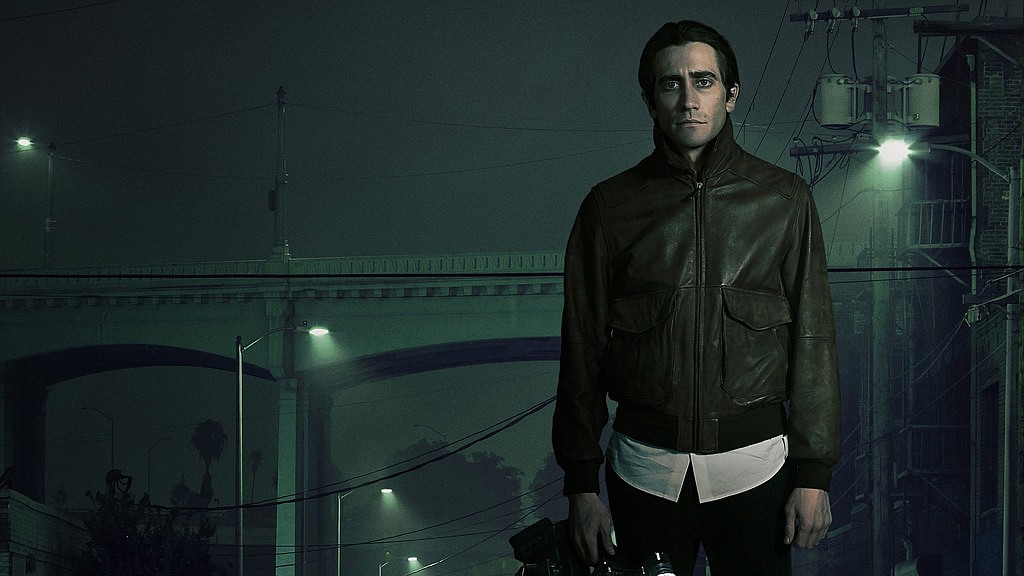- April 19, 2024
-
-
Loading

Loading

Cinema, almost better than any art form, can capture the sentiments, feelings and conflict of generational shift. The tectonic displacement that occurs when the current generation faces the challenges or blessings provided by their parents and the previous generation can be encapsulated in the most cathartic and honest way through dispiriting and decadent violence. Operatic, unsparing and stylized violence is a cathartic metaphor that represents the children of today handling the sins of their fathers. Genres such as sensational horror and the B-movie/blaxploitation and contemporary auteurs like Quentin Tarantino and Robert Rodriguez have utilized curated violence as their lifeblood.
And each defining moment of a generation is issued a bloody film response. It’s no surprise that the turbulent 1960s of the Kennedy assassination, the Civil Rights Movement and the Vietnam War were met with equally traumatic cinematic answers like George A. Romero’s “Night of the Living Dead,”Arthur Penn’s “Bonnie and Clyde,” Sam Peckinpah’s “The Wild Bunch,” and a whole consortium of counterculture film-school kids who are today’s canon.
[video id="UPawRAHG-0g" site="youtube"][/video]
Through the mid-1980s and all of the 1990s, extreme violence became big business through bloated blockbusters with stars like Stallone or Schwarzenegger representing the monolith that America had rapidly transformed into during the Reagan years and the dwindling decline of the U.S.S.R. In order for the violence to break through the glossy noise, it had to be methodical. Stanley Kubrick’s “The Shining” and “Full Metal Jacket,” Brian De Palma’s “Scarface”(among most of his filmography), David Lynch’s “Blue Velvet,” the aforementioned films of Tarantino, the quirky, yet straightforward violence of the Coen Brothers. The violence and culture clash peaked with Mary Harron’s “American Psycho” in 2000. The film consummates the complete and full-blown distillation of the capitalistic, Wall Street frustration and American dream artifice with a vain, image-conscious investment banker fueled on bloodlust and Huey Lewis and the News.
“Nightcrawler” is the latest installment entry in this cinematic collection of blunt-force cultural trauma. Writer/director Dan Gilroy delivers one of the most impressive directorial debuts in recent memory with a movie that undresses the raw wounds of the millennial generation trying to cope with coming of age in an arid world exposed to 9/11, two wars against terrorism, a global economic crash and the all-consuming influence and near universal accessibility of the internet.
The film depicts the seismic rise of Louis Bloom (played by Jake Gyllenhaal) who is desperately seeking employment, and through that profession, the respect, power and authority he thinks he rightfully deserves. While cruising the Los Angeles nighttime, Bloom comes across a freelance videographer recording a violent car crash in order to sell it to local news outlets. So, Bloom, in true millennial fashion, incorporates the internet and mobile technology to craft his own domain and business. So, instead of stealing others' property and selling it, he captures the last few moments of strangers’ lives and pawns it to the highest bidder on the local TV news junket.
As the story progresses, Bloom extends his domain over more than just his traumatic videotape subjects and the infinite reaches of the internet. Bloom snares a competitive and fellow “nightcrawler,” Joe Loder (played by Bill Paxton); Rick, a chronic homeless young man hungry for work (played by Riz Ahmed) and the domineering veteran local news producer, Nina Romina, (played by Rene Russo) into his cool, methodical plan of domination and social acceptance.
Also of note is the triumphant return of Rene Russo as Nina Romina. Being married to the director Gilroy obviously was a major factor in her taking the role, nevertheless, it's a sizable return for an actress that (besides a minor role as Frigga in the first “Thor”movies) hasn’t been in a major film since 2005. Russo delivers a strong performance of a disillusioned news producer willing to break any personal principles to win the ratings war of local Los Angeles news. Just like the indomitable Bloom, Romina is trying to survive the barren pavement jungle of L.A.
Dan Gilroy’s “Nightcrawler” is an insomnia-fueled distillation of the moment when the destructive power of human desperation, the unending reach of the internet and the ancient urge and need to view death and violence are the only certainties. The groundwork of Bloom’s trajectory of interning, freelancing, detaching through technology and making an empire out of nothing at any cost can be witnessed in any senior college class across America. Millions of intelligent and tech-savvy graduates straddled with mountain’s of student debt are looking for any connection through their personal screens of phones, cameras and computers for a way to survive. That is perhaps the scariest part of “Nightcrawler,” not that Louis Bloom is the egomaniacal exception, but the rapidly expanding rule.